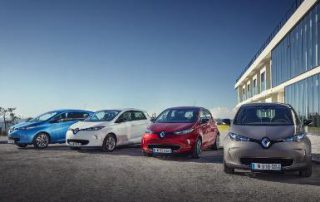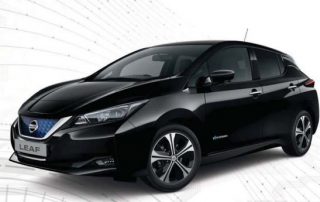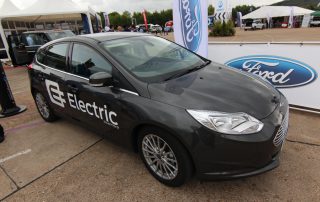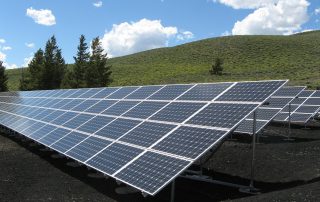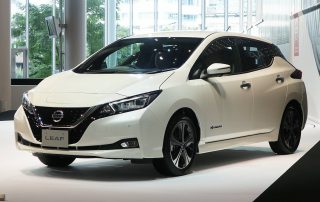How Energy Storage Options Are Changing The Electricity Industry
The way we power our world is changing more quickly than most people expected.
Renault Zoe long-term test review
The Zoe is one of our favourite electric cars – with its improved range, is range anxiety now a thing of the past?
The Energy Of The Future Is Solar Power
Not so long ago, solar power was something of a dream for those who were ahead of the curve in the environmental movement.
Electric Cars Are Creating a New Kind of Car Enthusiast
The car enthusiast is constantly evolving. Every new automotive era brings with it new tastes, new trends and new ways to just have a good time with a few wheels and an engine. But there’s one emerging brand of car
US to ‘quadruple residential battery storage by 2022’
New research expects more than 850MW will be deployed across the market in this timeframe
Ford to phase out passenger cars as it focuses on trucks and electric vehicles
Ford doesn’t have much to show for when it comes to all-electric vehicles aside for the Focus Electric, a compliance car converted from the gas-powered version, as it has mainly been focusing hybrids.Now the Dearborn company is more aggressively phasing
Records tumble as solar PV dominates UK bank holiday power supply
The bank holiday sunshine helped solar PV become the UK’s dominant source of electricity for three hours on Sunday afternoon.Data compiled by Drax Electricity Insights shows that between 12:15pm and 3:15pm on Sunday, the country’s solar fleet generated more power
nPower announces 5.3% price rise
The UK energy supplier is the fifth big six provider to hike prices in 2018.
Nissan Leaf scores five stars in toughest Euro NCAP crash test
The new Nissan Leaf has kicked off Euro NCAP’s new crash testing procedure for 2018 by earning a full five-star rating.Nissan’s all-electric hatch was commended for its adult occupant protection, with a 93% score in this area. The car scored





